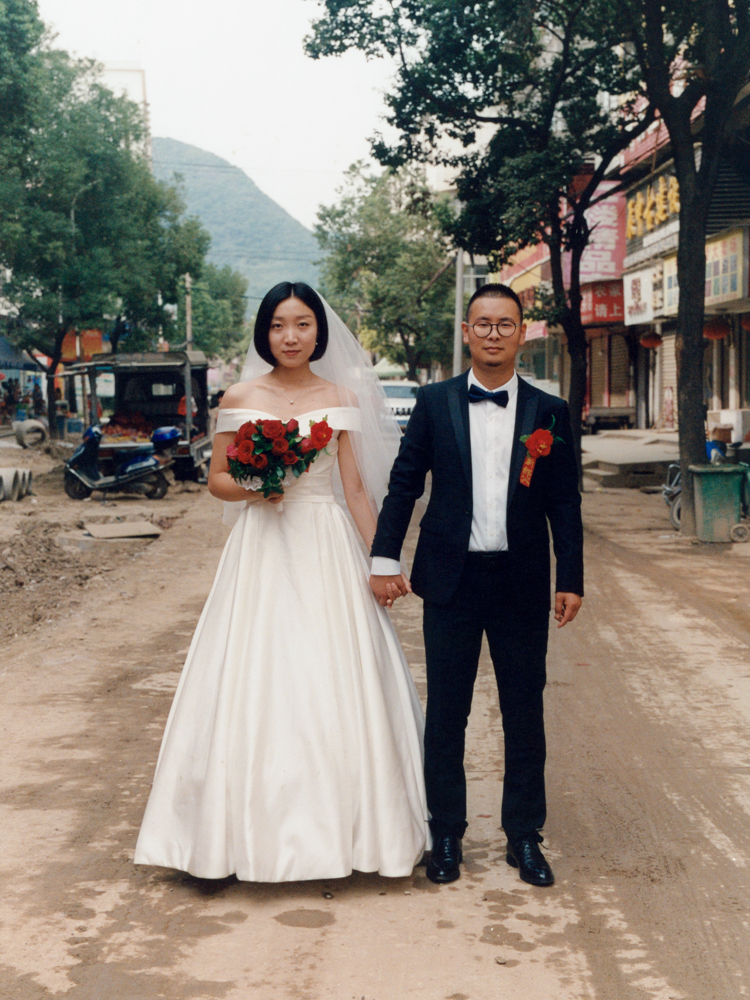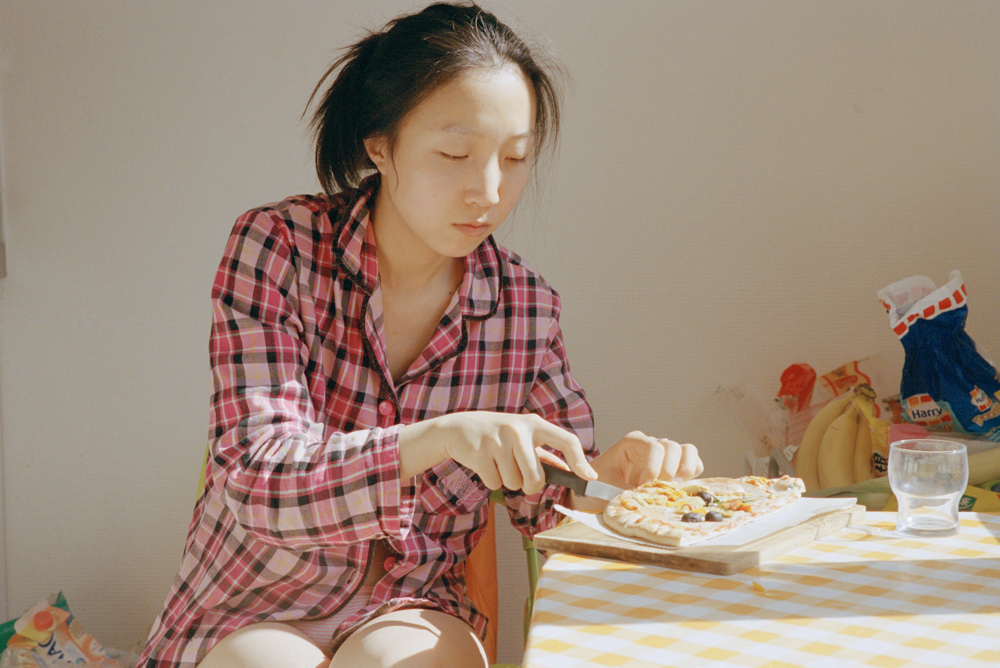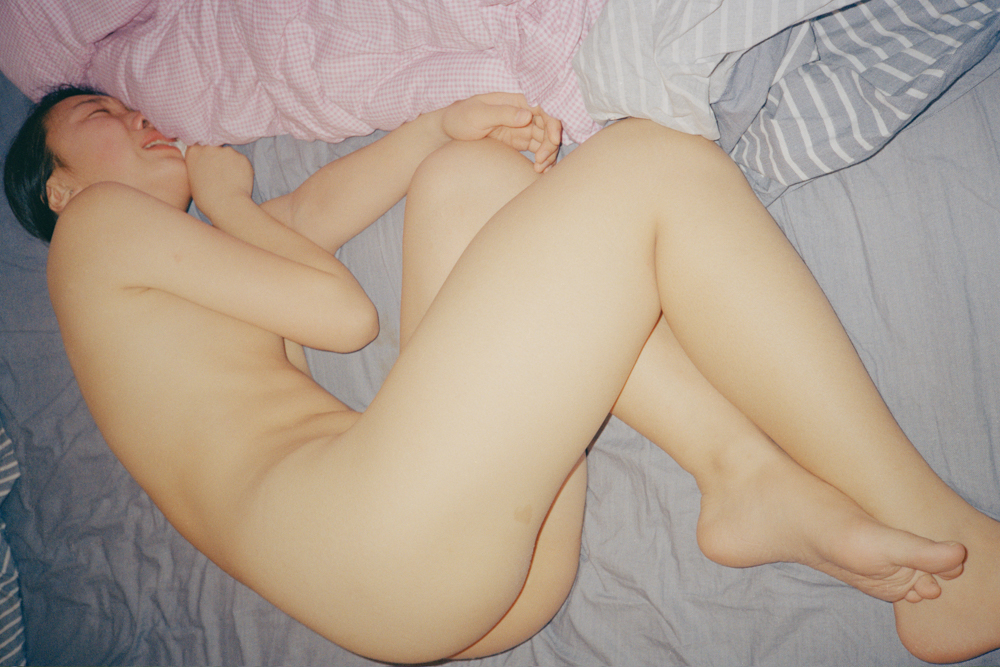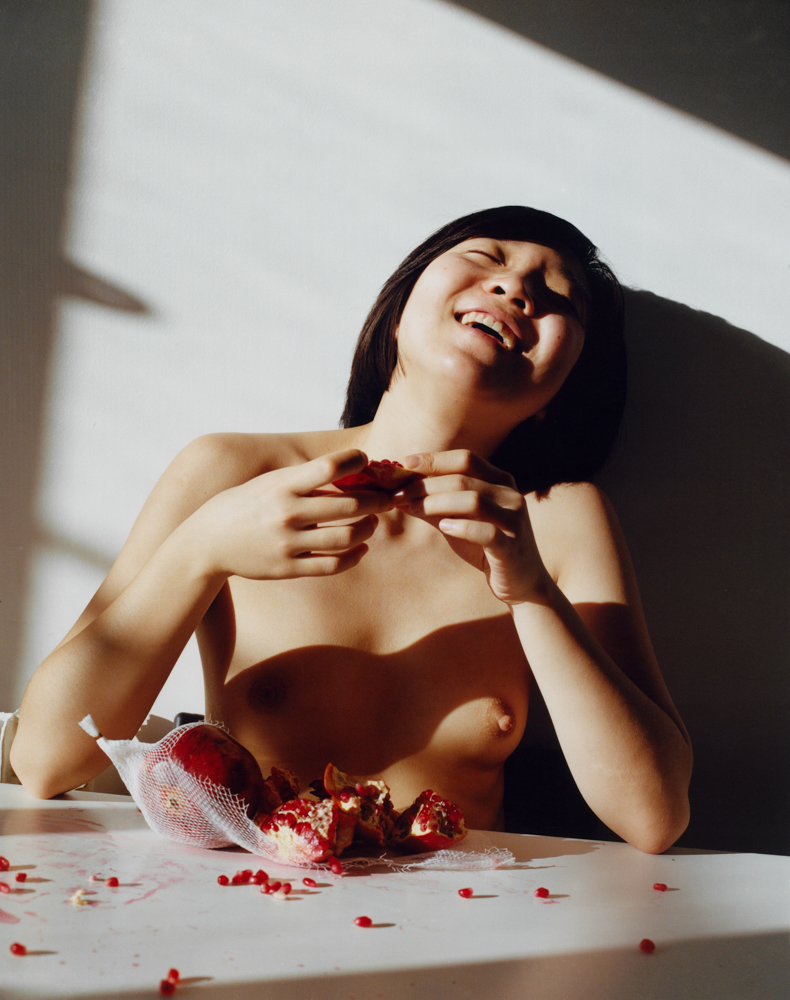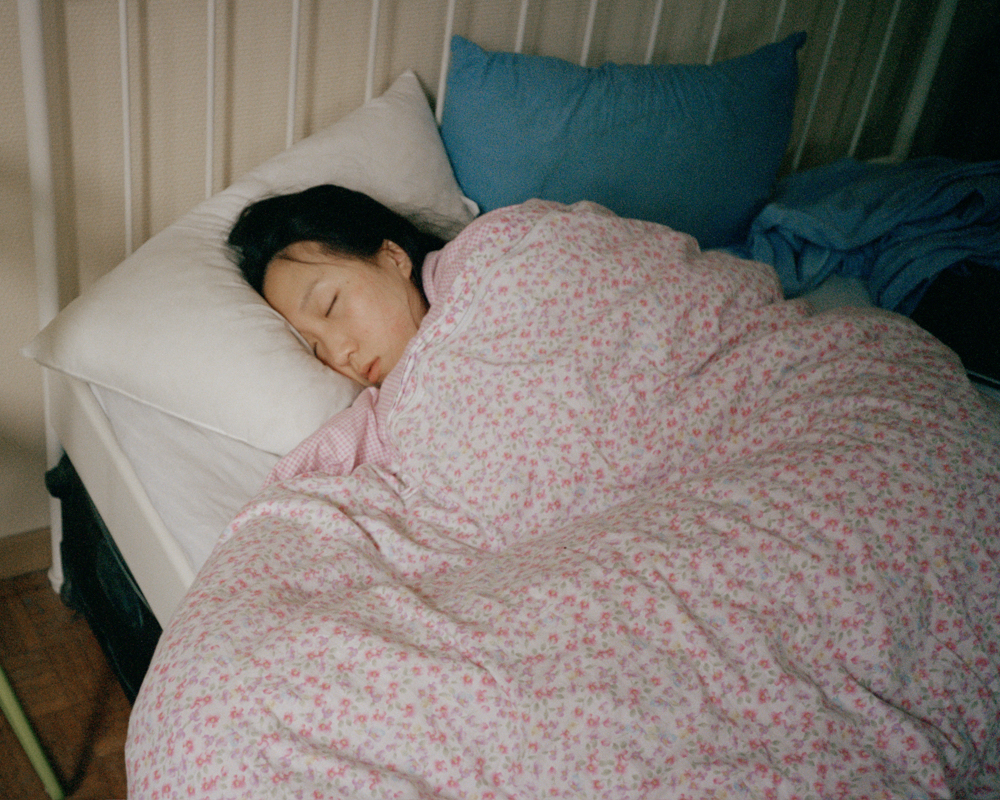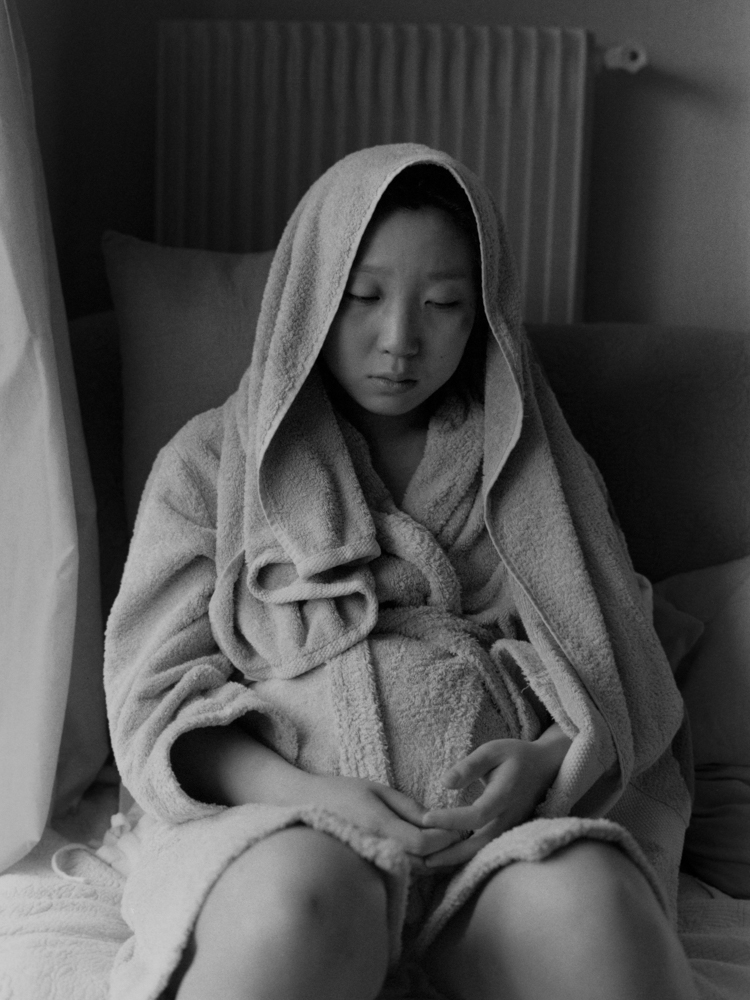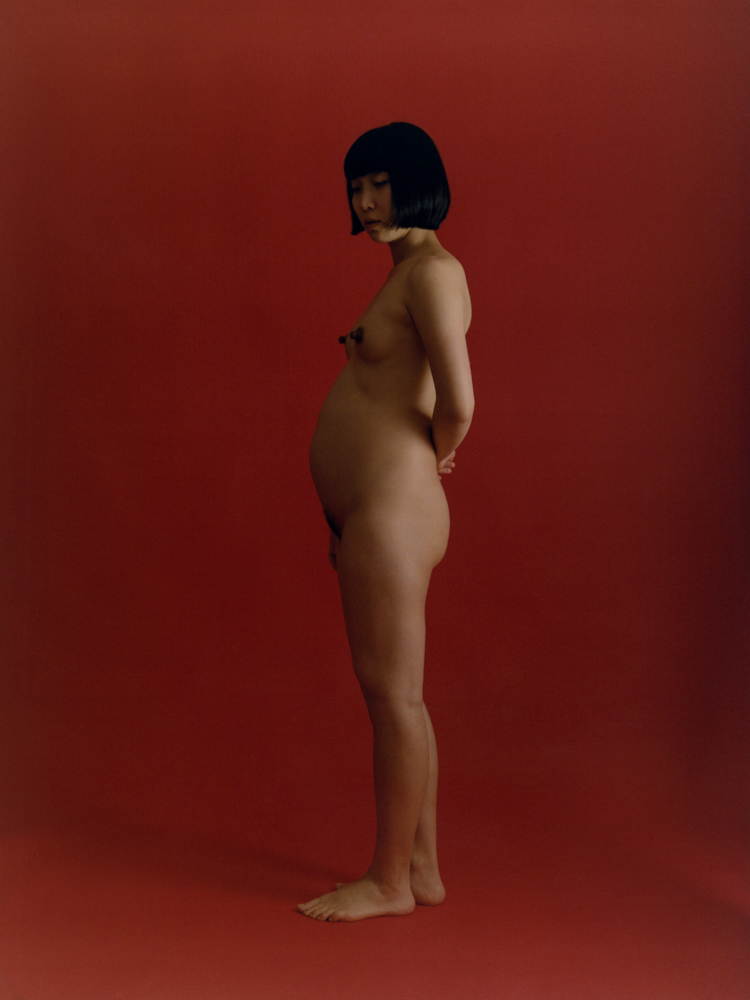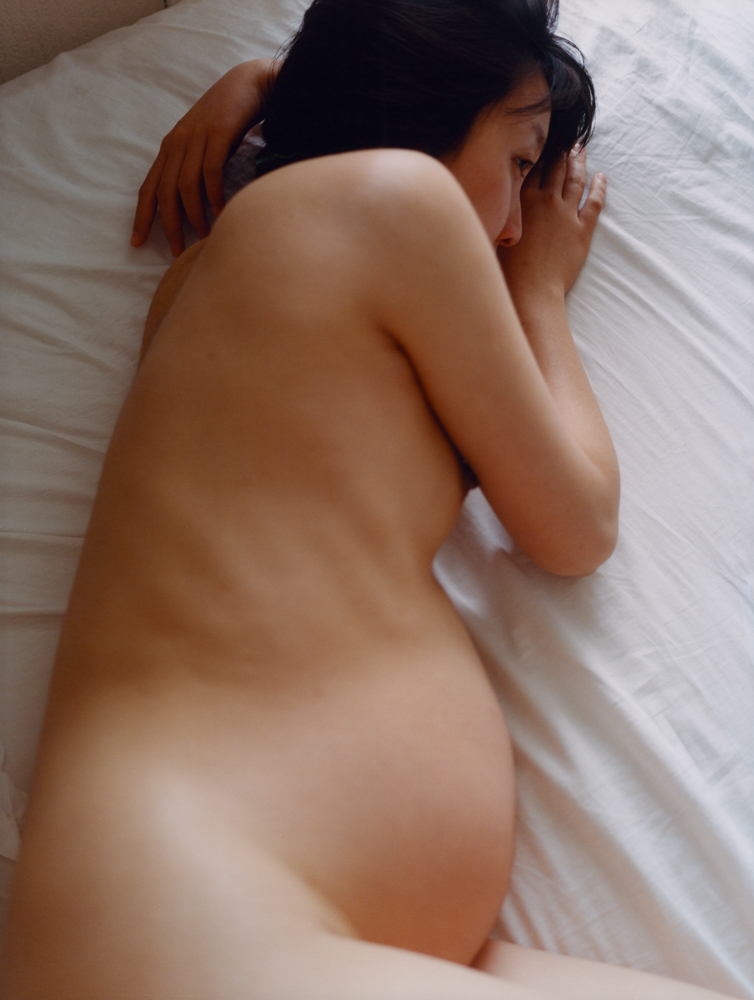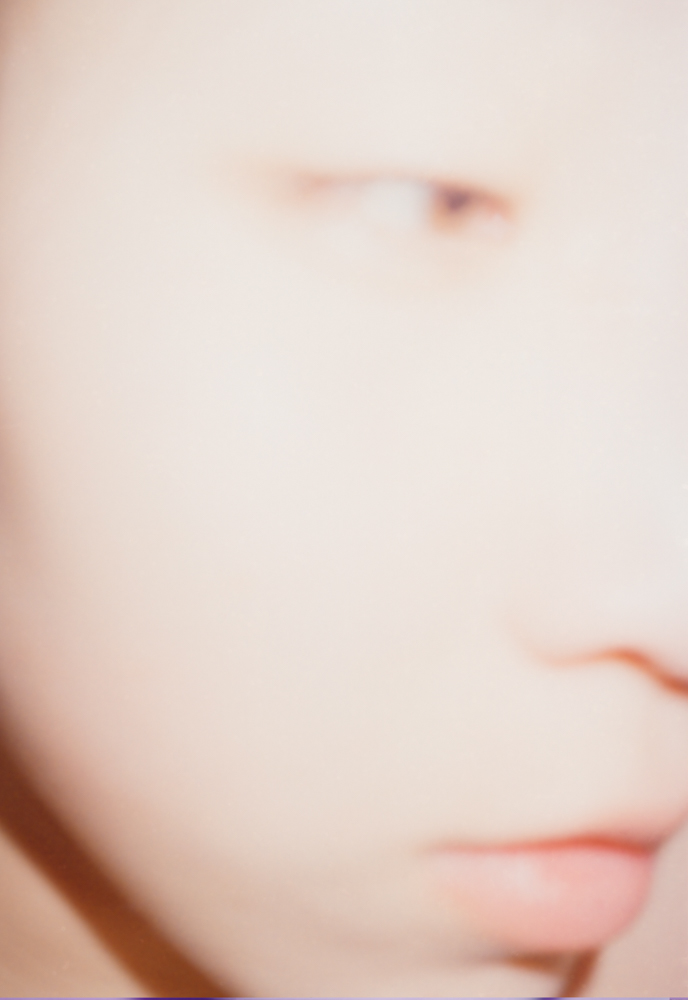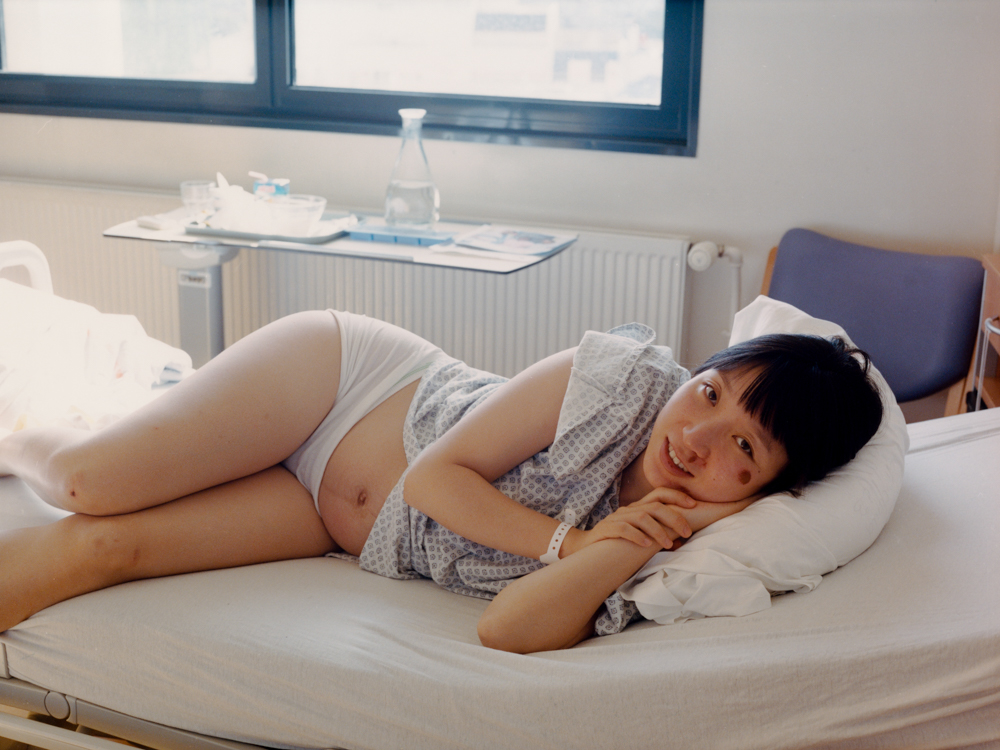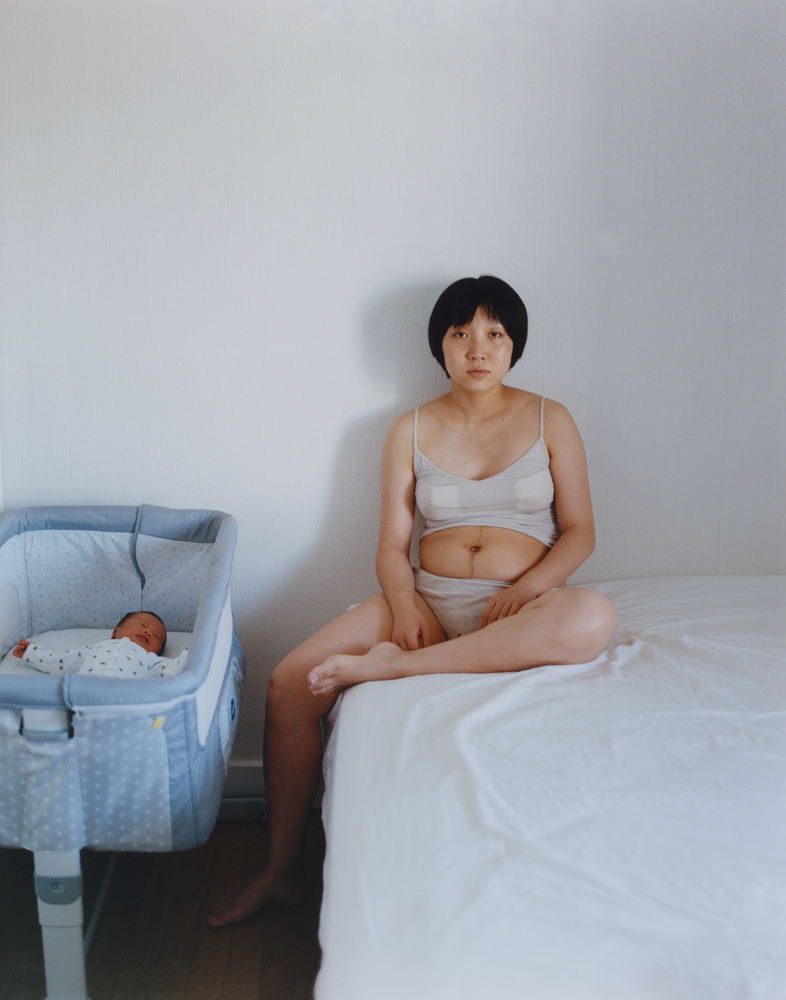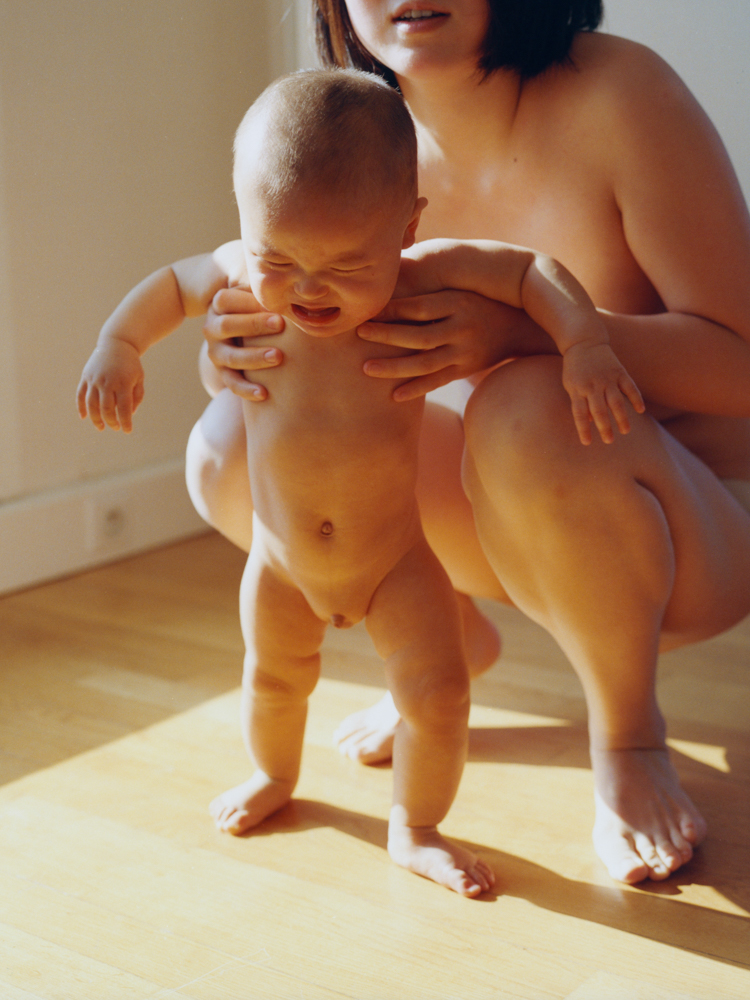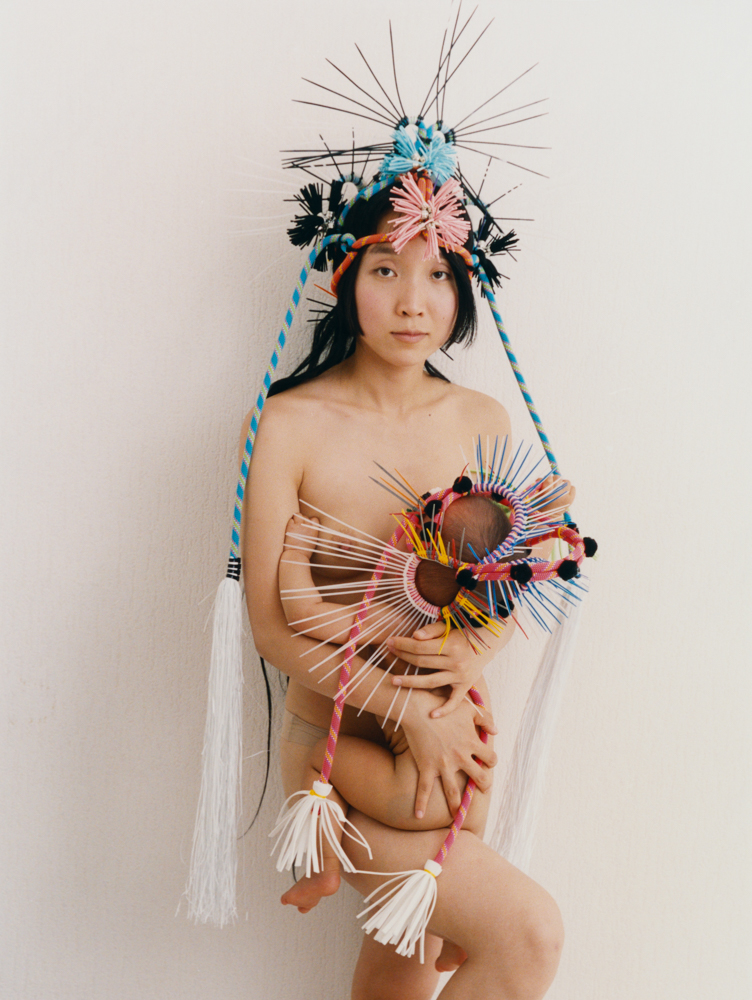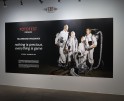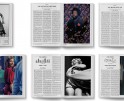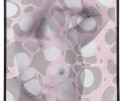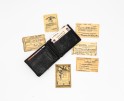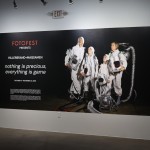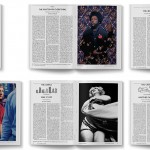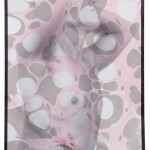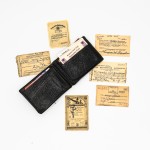Alex Huanfa Cheng: On Domestic Life
When photographing a loved one, who are we really seeing? Is it possible to make portraits of others that aren’t simply images of our expectations of that person or, perhaps more commonly, mirrors of ourselves? While the answer isn’t cut and dry, there is one ingredient that seems to bolster success when photographing another; the passing of time. In his series Zhiyu, Paris based photographer Alex Huanfa Cheng collaborates with his wife to create vulnerable portraiture that speaks to their evolving relationship and family. While few of the photographs contain obvious geographic markers and period specific artifacts, time is shown through emotive tone and the duration of a pregnancy. Melancholy, tension, joy, and release are all present in the images. These distinct expressions guide viewers over the arc of Cheng’s work and provide a fluidity to what will eventually become a lifetime of portraiture.
Alex Huanfa Cheng was born in Hubei province in China, After 4 years of studies in engineering at the Communication University of China in Beijing, he decided to devote himself to his long-standing interest — photography. He came to France to study in 2012, and in 2013 he was admitted by ENSBA to study contemporary photography. After graduating in 2017, he stayed in Paris and work as a freelance photographer and artist. alex huanfa cheng has always worked around his private life and his original culture. His first photography project Zhiyu is photographing his partner Zhiyu Chen since 2013, who came to France to study and live together. And he also photographed many fashion projects with his wife and son as models and also him in self portraits. At the same time, he tries to capture portraits of different cultural backgrounds through documentary photography.
Zhiyu
I’ve been taking photos of my wife Zhiyu Chen’s daily life since 2013 . We met and fell in love in 2012 while learning French in China before going to study in France. We’ve been living in Paris together since that following year. I would say it was an experience filled with conflict in the beginning. Feeling the intense melancholy of love, I started documenting her face. Her fragility and emotional sensitivity fascinated me. This series of photos is like a mirror of our intimate relationship: at first, I looked at her with both violence and love; but after living together for a year, our relationship stabilized and love trumped violence in my gaze. I admire women. In the face of disease, pregnancy, aging and other conditions, women usually have to face more difficulties compared to men, but Zhiyu is so brave, especially in giving birth to our child. Zhiyu is not a model for me but a partner who is as powerful as me in the photos. I took a long look at myself, and I realized I’ve gradually become a feminist. I try to capture her vulnerability her strength and her divinity. We are strengthening our bond, developing the project without any restriction and share the same thoughts while selecting pictures. This series of photos is ongoing and will be a love letter from me over a lifetime.
Growing up in China, what was your initial exposure to photography? When did it become a serious passion and pursuit?
I was born in rural China and didn’t get my first contact with a camera until I went to university in Beijing. Photography was also a tool for guys to approach girls, and I taught myself some basic techniques by taking portraits of girls. Photography became my strongest and purest passion. After graduating, I tried to make a living through photography, my friends didn’t believe me . I decided to start as an assistant to a fashion photographer and learn commercial photography. As I entered society, I also became more curious about the world and tried to photograph some documentary projects. Before coming to France, I hadn’t earned a penny through photography. Many of the photographers I knew had studied abroad, so I decided to go abroad and study art. And I hope I can support myself through photography in the future.
In your bio you mention that you spent 4 years studying engineering before pivoting career paths and dedicating yourself to photography. What led up to making this decision? Can you recall a specific moment that you knew definitively you had to shift gears and dedicate yourself full time to image making?
I was the worst student in my class and instead of studying seriously for four years at university, I was always looking for what I really wanted to do. I tried filmmaking, 3D animation and in the end it was photography that I was most passionate about. It allowed me, someone who hadn’t studied art, to still have a tool to express myself. But I didn’t want to be an amateur photographer, and at the time I thought fashion photography would be the best way for me to make quick money. So I emailed some famous photographers and was lucky to work with two kind photographers as a photo assistant for a year. I learnt a lot of techniques in commercial photography, but I didn’t have much of an artistic background and took pictures only by intuition. I thought it would be difficult for me to become a creative photographer. So I decided to come to France to study photography. That’s when I decided to take the plunge into photography.
You and your partner Zhiyu met while studying French in China before relocating to France together. I’d love to hear any prominent memories you have from that time of transition. Did life in France differ from what you’d previously imagined?
Life in France was indeed a lot harder than we thought it would be. At first it was the language, my progress was slow and I couldn’t say a full sentence in French until my third year. Paris is so expensive. Making local friends wasn’t that easy either. So Zhiyu and me both depended on each other. The first few years lived in a very small flat, We often argue about small things. The childhood makes zhiyu having no sense of security, she studied psychology for three years to heal herself and it really works. I have to say our life was very ordinary, a lot of ordinary days and nights. But that’s the real life, moving forward in the midst of mediocrity. We worked hard to take roots in France and make life better. Three years ago, we felt that the financial situation and the state of our lives had allowed us to have children. The naissance of our boy completely changed our lives, it was hard but we also have the happiness experience.
What prompted you to begin making images of Zhiyu’s daily existence?
I was lucky enough to get into the Ecole Supérieure des Beaux-Arts in France to study contemporary art photography. I had to find subjects to work on. Nobuyoshi Araki’s photographs of his wife inspired me a lot. To photograph Zhiyu is to photograph my own life, she is a mirror of me. I started by imitating Araki Keizai and took some photos, I received some positive evaluations from my teachers and classmates.Then I continue photographing Zhiyu. In taking these photos, I was also exploring how intimacy affects the images.
Much of your other work documents cultures and lifestyles quite different from your own. What are some unique challenges that you’ve encountered while photographing strangers? What challenges have you faced photographing Zhiyu?
I try to approach and watch everyone in the same way, getting to know their lives through conversation, trying to show the unique side of each person, against stereotypes. The hardest part was getting up the courage to initiate a conversation with a stranger and also being open to rejection. When the person agrees to be photographed, everything becomes easier. In the series of Zhiyu, I had to think about whether my photographs were really stand in a woman’s point of view or whether there was an ethical dilemma of exploiting women’s vulnerability. So I have to be honest and really sincere. Some of them were full of love for the viewer, speaking for them and expressing the truth of life. But for zhiyu, it takes a lot of courage to confront the most unpleasant aspects of our bodies and faces. I am glad that Zhiyu has faced this with such openness.
In your statement you speak of Zhiyu as a partner rather than a model. What does your collaboration entail? What are her thoughts on this ongoing body of work?
We have lived together for eight years and have developed a strong bond. What I took away from Alfred Stieglitz’s photograph of Georgia O’Keeffe – how the photographer and the subject contribute the same energy in the image, equal in self-expression – was that Zhiyu also had something she wanted to express. She said that the creation of this body of work was a rare stroke of luck in life, to be able to document her experiences and herself at all times. Apart from selecting the photographs with me, she influenced the creation of the photographs in a very natural way. Whether I work with her on a documentary photo shoot or a fashion shoot, she would face the camera openly and work smoothly. We work liberally, without any constraints or limitations.
Posts on Lenscratch may not be reproduced without the permission of the Lenscratch staff and the photographer.
Recommended
-
Hillerbrand+Magsamen: nothing is precious, everything is gameOctober 12th, 2025
-
BEYOND THE PHOTOGRAPH: Q&A WITH PHOTO EDITOR JESSIE WENDER, THE NEW YORK TIMESAugust 22nd, 2025
-
Christa Blackwood: My History of MenJuly 6th, 2025
-
BEYOND THE PHOTOGRAPH: Researching Long-Term Projects with Sandy Sugawara and Catiana García-KilroyMarch 27th, 2025
-
Dodeca Meters: Arielle Rebek, Kareem Michael Worrell, and Lindsay BuchmanFebruary 7th, 2025

